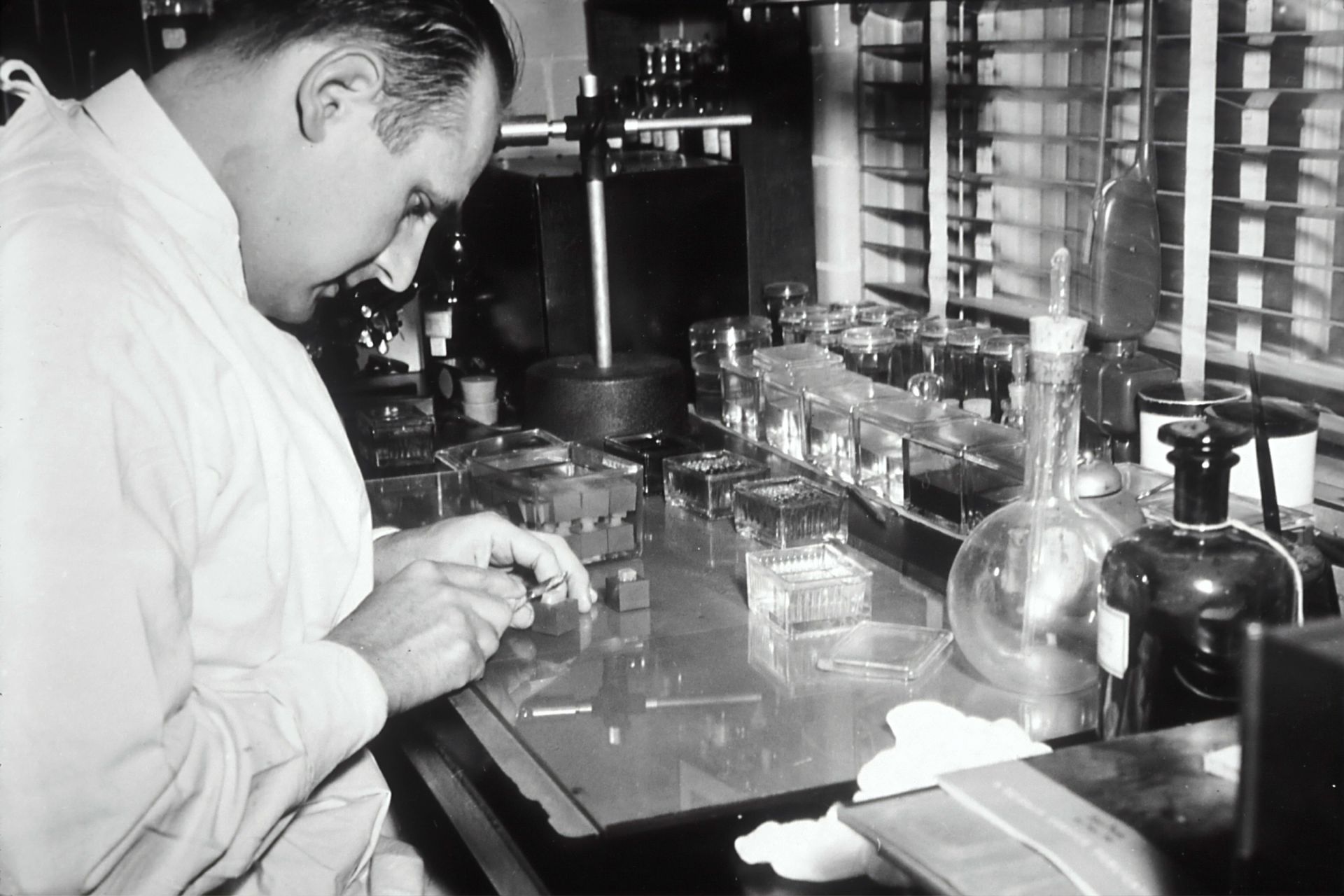It’s funny the way things seem to go on swings and roundabouts. In 1945 the troops returned from World War II celebrating victory over fascism and the arbitrary and excessive use of power by the State. By the early 1950s politicians like American Senator Joe McCarthy had fuelled Cold War fears of Communist subversion, and convinced the populace there was “a Red under every bed”. So Americans surrendered their civil rights to avert the Communist threat. But then, a few years later, after a series of reckless, often-unsubstantiated accusations and character assassinations, McCarthy’s public hearings were discredited and shut down. By the early 1960s a new generation was again championing civil rights and libertarianism.
But as with all roundabouts, what goes around comes around again.
In 1974 the big news in terrorism was the Provisional IRA. The British public eventually became so outraged by the havoc wreaked by Irish bombers in the UK, it happily accepted new anti-terrorism laws allowing police detention in custody without charge for up to 7 days, in the hope evil perpetrators would be swiftly brought to Justice.
When bombs exploded in two public houses in central Birmingham on 21 November 1974, killing 21 people and injuring 182 others, everyone was relieved to hear six Irish suspects had been swiftly arrested and whisked into custody. “The Birmingham Six”, as the Irishmen would become known, were held by West Midlands Police behind closed doors for 7 days before being charged with anything. In the meantime they were reportedly deprived of food and sleep, interrogated for up to 12 hours at a time without a break, threatened and beaten repeatedly, terrorised with guard dogs, and subjected to a mock execution.
By weeks’ end four of them had confessed to mass murder. All six were ultimately sentenced to life imprisonment.
But 17 years later, new forensic evidence proved none of them was guilty, and the English Court of Appeal set them all free. A decade later, in 2001, each of them was awarded compensation, ranging from about $1.7 million to $2.5 million. In the mid 90s, I met one of the Birmingham Six, Jonny Walker, while he was in Australia on a lecture tour decrying detention in custody without charge. Walker, a former member of the British Armed Forces, had spent 17 years in prison before he was exonerated. When I asked him if he was bitter about the experience, he replied simply “When I went into prison my daughter was two years old. When I got out she was 19. Of course I’m bitter.”
Not so long ago, forcible detention in custody without charge was forbidden in Australia. That has changed in relatively recent times, so now police suspects are routinely arrested for questioning, and held for lengthy periods without charge. The latest wave of terrorism, this time Islamic, has convinced many that such drastic means are not only acceptable but necessary. In fact the process has become so familiar no one even raised an eyebrow earlier this month when counter-terrorism police obtained court orders to hold four Sydney men in custody for seven days without charge, as part of the investigation into an alleged plan to smuggle a bomb onto an Etihad flight to Abu Dhabi on July 15. The detention order was made pursuant to provisions of the Commonwealth Crimes Act, which deem terrorism investigations so inherently complex as to justify extended periods of detention in custody without charge.
Of course the British anti-terrorism laws of the early 1970s were motivated by a similar sentiment. The fact that two of the Sydney men held over the Etihad investigation were subsequently released, one without any charge at all, the other apparently cleared of any involvement in the terrorist plot after spending seven days in police custody, demonstrates how careful one must be. None of us would like to be put through that ordeal, particularly if we were entirely innocent. It’s true that criminal investigations can be complex and protracted, but at the same time coerced confessions and forcibly extracted information are, of their very nature, wildly unreliable.
There’s need for caution here. I’d hate to think that, as the carousel comes around in a decade or more, we may see more wrongly convicted victims of detention on the lecture circuit.












